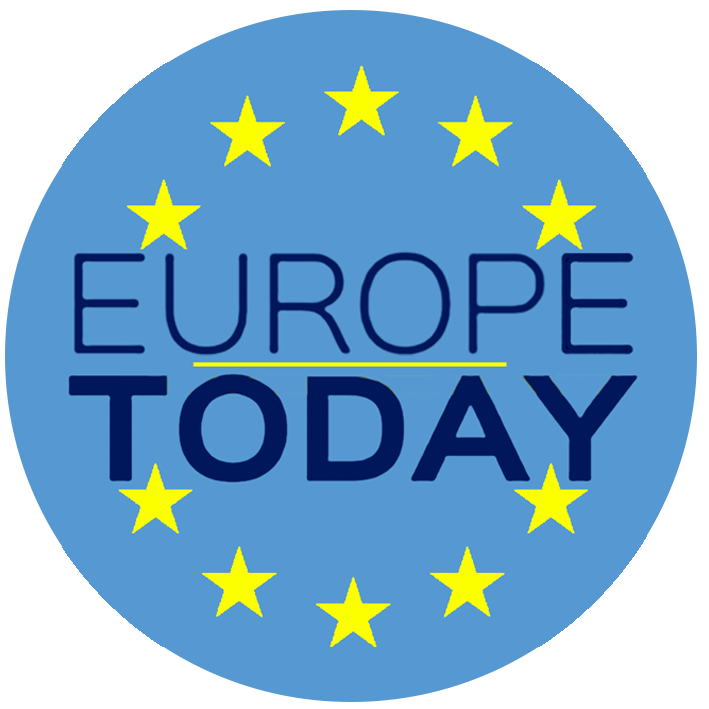
by Stuart Clark |
This article is about a federal approach to the understanding of citizenship and identity.
The aim here is to make people think of themselves as global citizens first. By doing this it will simply change their frame of mind when campaigning for climate issues or human rights, as they will see themselves as instructing their national governments instead of asking them. This feeling alone will make a lot of difference.
Challenges and opportunities that stem from the Coronavirus pandemic.
The Pandemic has shown us all how much can be achieved, in the face adversity, when global collaboration takes place, as we can see in terms of the scientists creating the vaccines. It has shown what populations are prepared to forfeit and endure, for the good of their communities. And for the developed countries in particular it has shown that their vast potential wealth can be used to bail out their economies and secure many peoples livelihoods. For Europe and the US in particular, their potential in particular to borrow at such low interest rates means it made sense to borrow heavily in order to preserve jobs and industries. The analysis of the different approaches governments made will continue for a long time. But we must seize on the successes of global collaboration to formalise these processes. What is to stop us making it legally compliant that any Vaccine or Medicine contract signed by a developed world Government has provision for concurrent manufacture and supply chain framework for the developing world.
Oceans and Seas have no state sovereignty – Promotion of this fact is essential.
The Oceans are the world’s most valuable resource. It is therefore crucial that States don’t claim ownership of parts of them. I believe a campaign to increase the recognition of the fragility of this concept is vital. Issues surround the extension of territorial waters beyond the 12 nautical miles in reference to the Seabed and fossil fuels. Making people aware that the Oceans and Seas belong to them collectively, no matter where they are from, will increase the justification for better global governance and a world parliament. We should be looking to set up Citizens’ Assemblies of the Seas which can then engage with the IMO (International Maritime Organization) so that Global Citizens can have direct oversight on decisions made concerning protection of the world’s greatest resource.
Vaccine passports are coming, and there needs to be a global solution
It’s important that early on in the process World bodies take ownership of this process.
The mission of this process will be that access to a global ID, with vaccination details contained, should be available to everyone and anyone who has had a vaccine or has been exempted, and should be able to access their ID and use it to receive travel permissions and services. National Governments can go ahead and set up their own agreements and systems, as long as they are compatible with the Global database.
We must move now while the populations of the world are in shock and are looking for improvements to global governance. Recognising Global Citizenship as a tangible personal asset with responsibilities and rights should be paramount for those looking for a fairer and more equal global society.
 Stuart Clark, Editor, UK
Stuart Clark, Editor, UK
Stuart Clark is currently, board member and Nominations officer for the Federalist Party.
He was leader of the UK section of the European Federalist Party 2013-2016. He is active with Alliance Europa, and also the Federal Union in UK. As well as promoting Federalism, Stuart also campaigns for constitutional reform and electoral reform. He stood for Council Election in Lambeth in 2018. Stuart is based in London and Cornwall.

